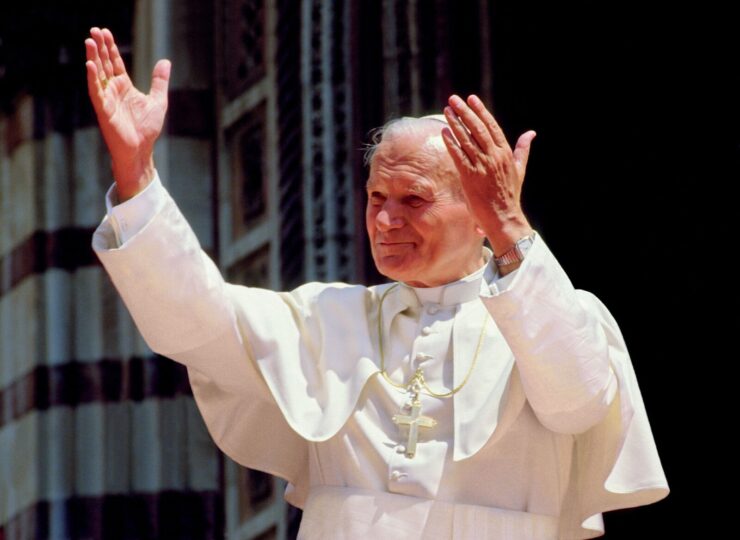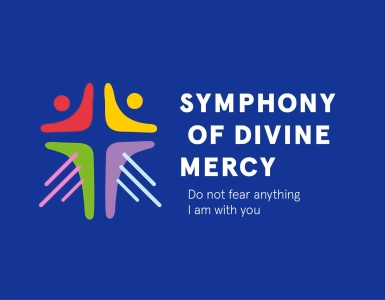Almost all Poles admire their Pope, but not only them. On the contrary, in the world he is known as John Paul the Great and belongs (alongside Leon I and Gregory I, who lived at the turn of ancient times and the Middle Age) to the elite group of Church’s Heads who have gained this nickname. Is is right? Undoubtedly, yes. What supports this?
The pontificate of Wojtyła is one of the longest one in history. It also happened to be at the turn of the millennium. John Paul II is a decisive record holder in regard to the number of apostolic pilgrims. Multiple times around the world, he was leading a crowd of multimillion people. He has canonized and beatified as many people as all his predecessors did in total. He became the greatest moral authority and a life example to follow. He overcame the crisis in the Church and made it more global. He made thousands of good decisions, delivered hundreds of important speeches, and published a number of encyclicals. By undertaking the ecumenical and interreligious dialogue, he distinguished himself as the leader of all mankind. He initiated the World Youth Days, which turned out to be a spectacular success. He also is a martyr, although he survived the assassination attempt. However, the most important are the two points.
Firstly, the Pope-Pole overthrew communism – the Empire of Evil associated with the apocalyptic Antichrist. Soon after his election, he visited his homeland, calling: “Let Your Spirit descend and renew the face of the earth.” Soon after that speech developed the largest social movement in the history of humanity – Solidarity, which initiated the process of internal collapse of the Eastern bloc. In such way, the biblical prophecy about the fall of the Beast and the Great Whore (Revelation 17: 12-18) was fulfilled. Also, in Fatima, Mary announced that Russia finally will convert. We should recall here the words of Christ stated to Saint Faustina: “I bear a special love for Poland, and if it will be obedient to My will, I will exalt it in might and holiness. From it will come forth the spark that will prepare the world for My final coming.” (Diary, 1732)
Secondly, the Pope from Krakow spread throughout the world the cult of God’s mercy. Karol Wojtyła, many times read the message of Sister Faustina Kowalska, believed that it came from God and consequently that it should be necessary to pass it to all people. It was him, who as the Wawel’s Archbishop initiated the beatification process of this mystic sister. He also later proclaimed her blessed and in the year 2000 – a saint for the new millennium. On the same day, for the first time the Divine Mercy Sunday was officially celebrated. Interestingly, on the eve of the Divine Mercy Sunday, John Paul II died. Of course, it is not a coincidence that both the beatification and the canonization of the great Pope took place on that day. He, himself, repeatedly emphasized that the message of s. Faustina is the central motive of his pontificate. During his last pilgrimage to his homeland, he made a historic act of entrusting the world to God’s mercy, leaving to his compatriots the testament: “Be witnesses of mercy!”
John Paul the Great has many wonderful achievements, but these two are the epoch-making: in a peaceful way, he destroyed the most criminal system in the history and saved millions of people from eternal suffering by reminding to all of them that God is good. This support the statement that we can call him the greatest Pope, even more, we can call him, the greatest man in history.
Deon.pl





